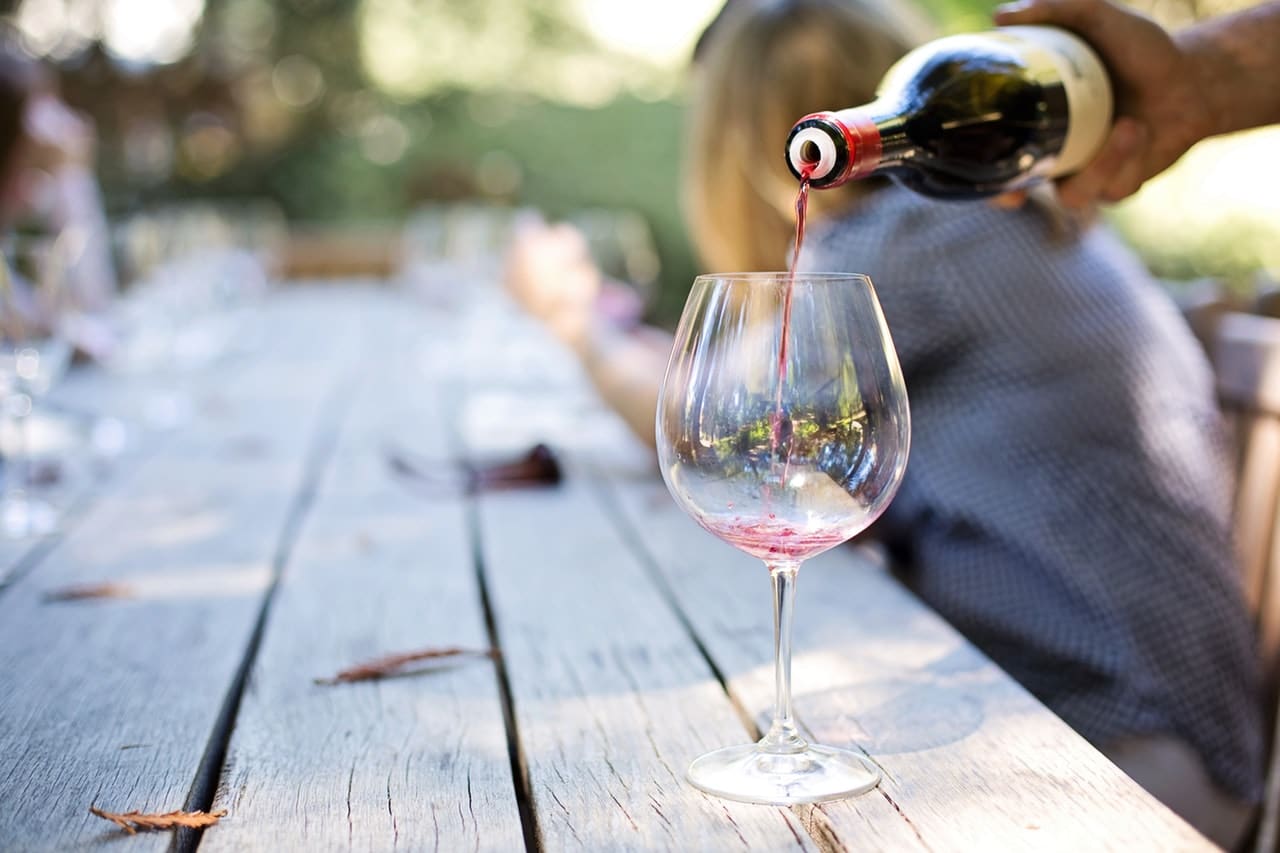There are hundreds of substances one could potentially get addicted to but alcohol is unique for two reasons. Fist, it’s legal as long as the drinker has attained the legal age. Second, it’s the drink of choice in social gatherings. About three quarters of Americans drink alcohol at least occasionally or socially.
With this context, it’s not hard to see why alcohol dependence can creep up on you. Even as you descend into alcoholism, you may see your drinking as normal because nearly everyone in your social circle drinks after all. It’s therefore vital that you are always on the lookout for the danger signs so you can take the appropriate measures before things spiral out of control.
The following are some of the key indicators that your drinking is driving you over the cliff.

IMAGE: PEXELS
1. Lying Or Hiding About Your Drinking
Most alcoholics cannot identify the exact point in time when their drinking transitioned from acceptable levels to full-blown addiction.
This is partly due to the absence of someone close holding them accountable. And that, in turn, is because the individual starts lying or hiding about their alcohol intake in an attempt to keep their increasingly embarrassing secret from those around them. It’s a fear of interference and judgment and it is a sign that they are rapidly descending down a slippery slope.
2. Alcohol Becoming A Coping Mechanism
A social drinker exhibits low-risk behavior and typically takes a maximum of two drinks per session. On the other hand, if someone starts to use alcohol as a hardship or stress coping mechanism, they’ll increasingly associate relief and relaxation with drinking.
Once they are on this path, they’ll progressively grow their alcohol intake per session in the hope of hitting an ever greater high and numbing the psychological strain.
3. Blackouts And Memory Lapses
A blackout that follows heavy drinking is essentially a short-term episode of amnesia caused by the absorption of large quantities of alcohol in the brain. In other words, the person has reached a depth of intoxication that causes them to lose memory of events that happen over that time period.
Usually, blackouts and memory lapses are as a result of excessive drinking over a fairly short period. The alcohol hampers the brain’s ability to commit experiences to memory. Blackouts are a frequent cause of road crashes which is why some jurisdictions require the installation of an Ignition interlock by persons convicted of drunk driving.
4. Inability To Stop At One Drink
In many recovering alcoholic forums and support groups, an alcoholic is defined as an individual who cannot predict the final outcome of their drinking. That means when a person with an alcohol addiction takes their first drink, they are never sure just how many drinks they’ll go through after that and what changes will occur to their behavior.
An alcoholic has no control over their imbibing. If you start to notice that with your drinking episodes, it’s probably time to take a step back and pursue remedial action.
5. Strained And Unstable Relationships
Substance abuse is known to have a devastating effect on interpersonal relationships. Actually, disruption of family and long-standing friendships is one of the earliest indicators that your drinking is no longer at acceptable levels.
Frequent conflict may involve endless arguments, name-calling and, in the worst case, physical violence. Strained relationships is an especially problematic outcome of drinking because it’s the people in your social circle that can be the most dependable support system on your path out of addiction.
6. Inability To Kick Drinking For Good
Social drinkers can forego alcohol for weeks or months with little difficulty. For persons with a drinking problem, trying to kick their drinking habit is characterized by hesitation, psychological distress, physical discomfort and similarly adverse effects. It’s hard to stay away from a drink for a week or, in severe cases, a day.
The slide into alcoholism is a process, not an event. There are signs that provide an early warning that there’s trouble ahead. By recognizing these signs and being honest with yourself when you see them, you reduce your risk of becoming another substance abuse statistic.
If you are interested in even more lifestyle-related articles and information from us here at Bit Rebels, then we have a lot to choose from.

IMAGE: PEXELS
COMMENTS